Introduction
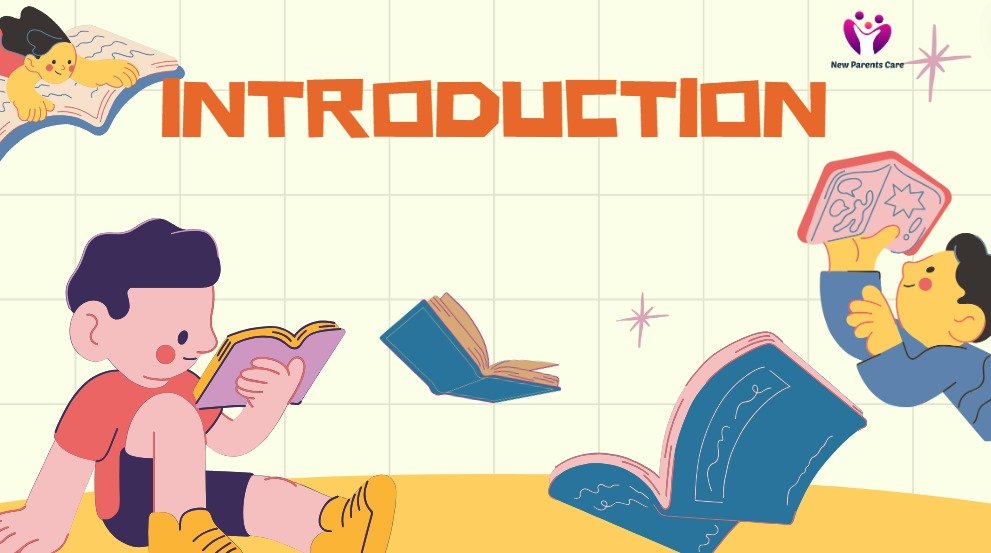
Parenthood is a difficult journey for most people as parenting is not just about physically bringing up your kid, but it is also your duty to mentally and emotionally nurture your children. Learn the differences between good and bad parenting, and explore various parenting styles to understand what works best for your child.
Parenthood is often an amalgamation of emotions and feelings. Some days you feel happy and some days it can get really exhausting and frustrating. As per ‘Yes, Parenting is Difficult’ by College of Agriculture, Biotechnology & Natural Resources, 88% of parents said that parenting today is harder than when they were children according to a 2018 Business Performance Innovation network survey of 2,000 parents in the United States and Canada
A Zero to Three 2018 survey called ‘National Parent Survey Overview’ also found that when parents are overwhelmed or stressed, almost half lacked adequate support, with moms (57%) more likely to have inadequate support than dads (39%). The article also mentioned that 91% of the parents believe that parenting is the greatest joy and 73% of men believe that their lives began when they became a dad.
But the thing about parenting is that one must always have the capacity to change themselves and ask for help if things get tough but most importantly parents must be open to acknowledge their own mistakes so that they don’t become a toxic parent to their children moving forward. Toxic parents can have a hugely negative impact on their children and can cause their children to go through immense guilt and emotional distress.
According to Understanding Child Trauma by SAMHSA’s National Child Traumatic Stress Initiative (NCSTI) says that more than two thirds of children report atleast one traumatic event by the age of 16. Some of the traumatic experiences include psychological, sexual, or physical abuse and witnessing domestic violence.
What is Parenting?
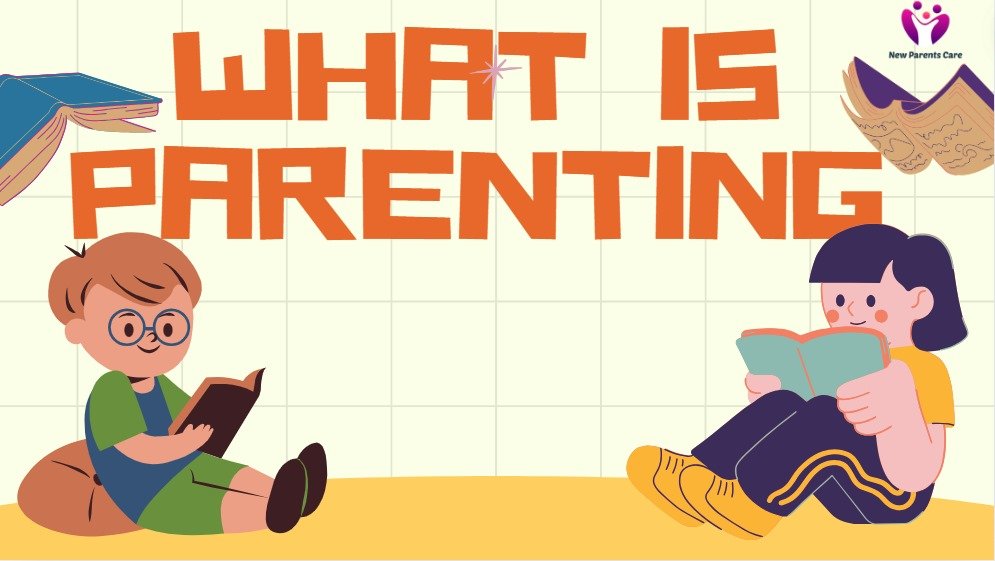
Parenting according to the Encyclopedia Britannica is defined as “the process of raising children and providing them with protection and care in order to ensure their healthy development into adulthood.” Parenting sometimes can be tough especially for new parents.
“The point of parenting is not to have all of the answers before we start out but instead to figure it out on the go as our children grow because as they do, so will we” -Bridgett Miller
This quote perfectly surmises what most people go through as new parents need not know everything about parenting. But one must also be extremely careful with what they are doing as each and every action or words can have profound impact on their children. Thus it is very important that new parents identify what must be and not be done with their children.
Good and Bad Parenting examples
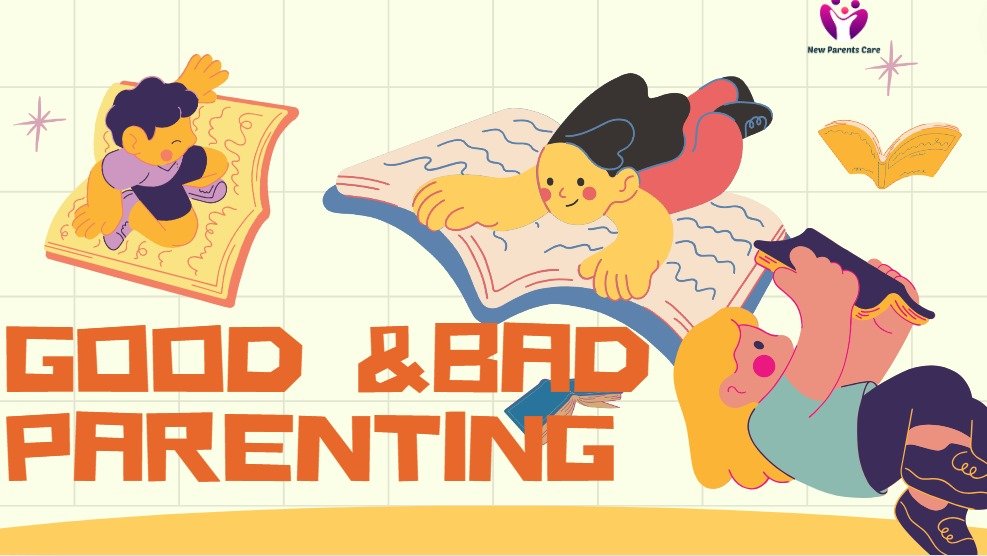
Good Parents: Unconditional Love
Parents who love their children do not force their dreams or aspirations on them they love them unconditionally
Bad Parents: Conditional Love
These are parents who love their children on certain conditions. Only if their children do or think what they themselves want will they love their children. This is a toxic trait.
Good Parents: Will not compare their child with others
These kinds of parents will always love their child for their individuality.
Bad parents: Constantly comparing
This is a toxic trait among some parents some of them like comparing the achievements of their children with others. This can cause jealousy and can also make your children under confident.
Good Parents: Vow to Do Better Than What They Received
They learn from the mistakes of their parents and don’t want to instill the same trauma that their parents instilled in them.
Bad Parents: Do Not Break the Trauma Cycle
These parents never break their cycle of trauma, and they make their children go through the same thing that they went through.
Parenting Styles
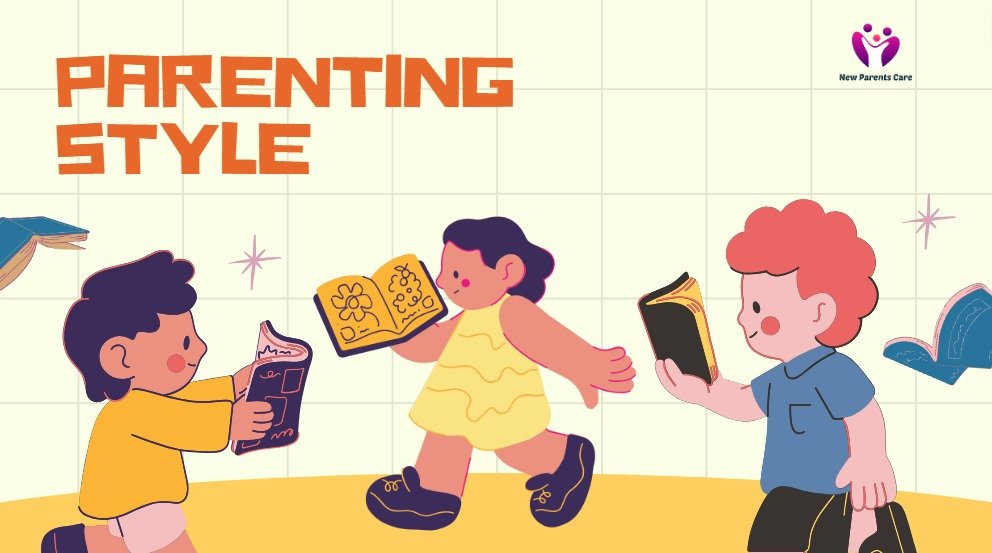
There are some parenting styles that decades of psychological research have suggested that the approach to parenting generally followed by an individual’s mother and/or father can influence the way they approach relationships, challenges, and opportunities.
The four major parenting styles are:
Psychologist Diana Baumrind in the 1960s identified three main parenting styles—authoritarian, indulgent, and authoritative. Later studies added a fourth—neglectful.
Authoritarian Parenting

This is a type that is based on authority rather than on warmth or friendship. This is a strict style of it. Parents in this type sets rigid rules and regulations.
These parents expect complete discipline from their children and if they feel like their children are disobedient, they impose strict punishments. According to What is Authoritative Parenting by Poonam Sachdev research shows that authoritarian parenting can have negative effects on kids, including:
- Emotional and behavioral problems
- Poor social and decision-making skills
- Depression and anxiety
- Aggression
- A strong sense of failure
- Being more open-minded about suicide than other kids.
Neglectful Parenting (also known as uninvolved or disengaged)
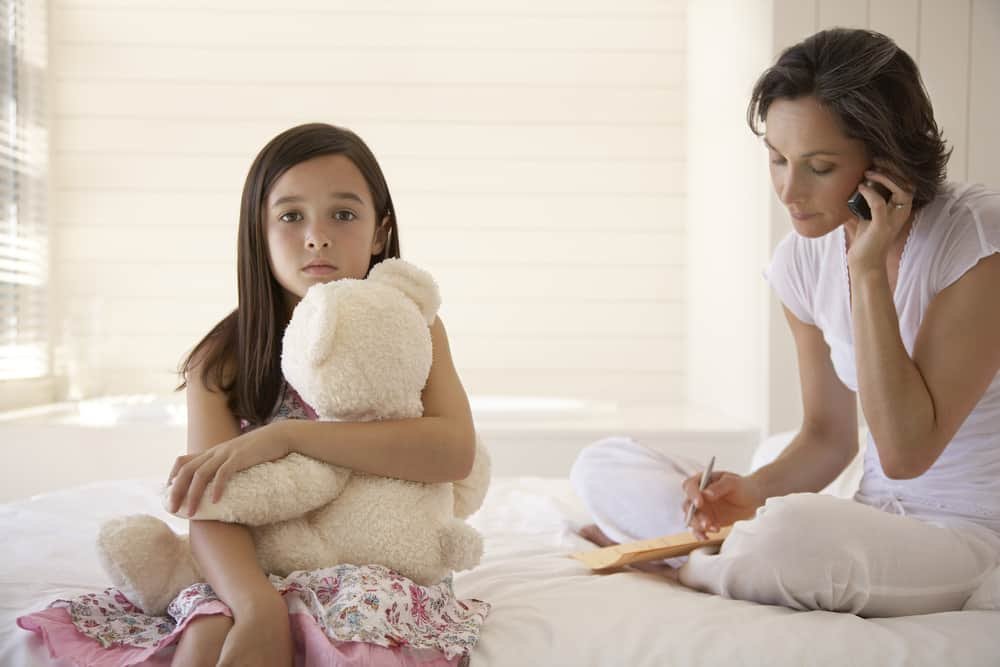
In this type both the parents act unresponsive to their children’s needs. These types of parents fail to provide the needed emotional support for the children.
Indulgent or Permissive Parenting

Indulgent parenting is sometimes also known as permissive parenting where the parents give excessive love to their children and also freedom. The major advantage of this type is that these types of parents are super close to their children. But on the other hand, the disadvantage is that the children as a result of this tends to get pampered a lot and this might lead to behavioral issues.
Authoritative Parenting
This type is the complete opposite of authoritarian parenting. In this type, Parents listen and support their children’s ideas and guide them to be independent individuals. They use consistent discipline to teach their children how to behave well and give them adequate love and warmth to keep them safe.
Case Study: Bad Parenting
Providing a real-life example of bad parenting, let’s look at the experience of Catherine and her son Ben.
Catherine and Ben’s Journey
Catherine is a mother who cares deeply for her son but oftentimes she has a habit of comparing her son with the other boys. Once for an exam Catherine was pissed that one of her son’s friends had scored better than Ben. She immediately started comparing him. Due to this, Ben growing up experienced a lot of under confidence and sometimes use to feel jealous towards other. His under confidence ultimately led to him reaching nowhere
Result of Toxic Parenting
Both Ben and Catherine’s life show us that even comparing your child can have negative impacts on their life.
Catherine and Ben’s story illustrates that parenting can be quite challenging.This case also emphasizes on how parents must take extra care when raising their children and how important it is to recognise toxic traits.
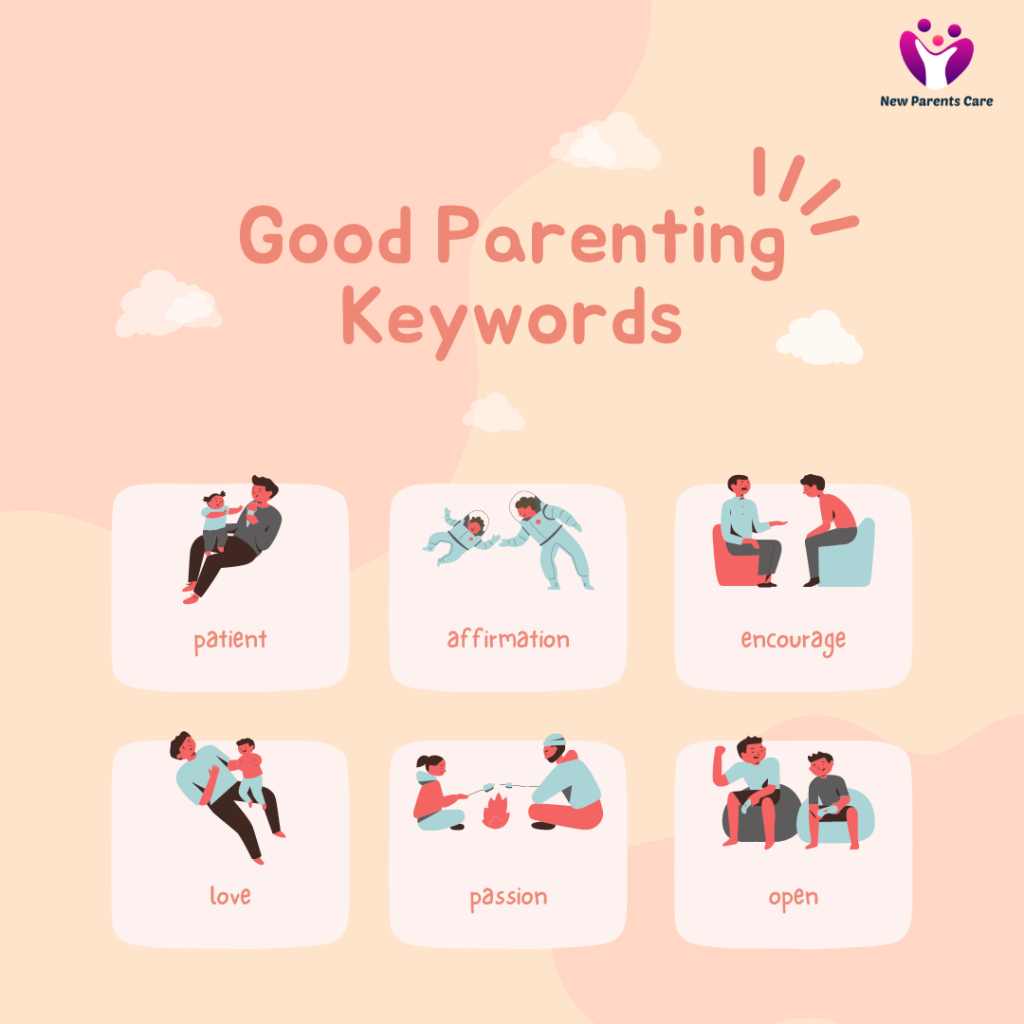
Conclusion
What this article aims to do is give new parents a brief on parenting and to show that it is one of the most important aspects in a child’s life. Parenthood is not black and white sometimes there might be grey days. It is a day-by-day journey.
Hope those reading this article has a lovely parenting journey. If you like this blog don’t forget to leave your valuable comments.
ALSO READ THIS Empower Your Child’s Journey: Unleashing the Power of Play for 10X Growth
